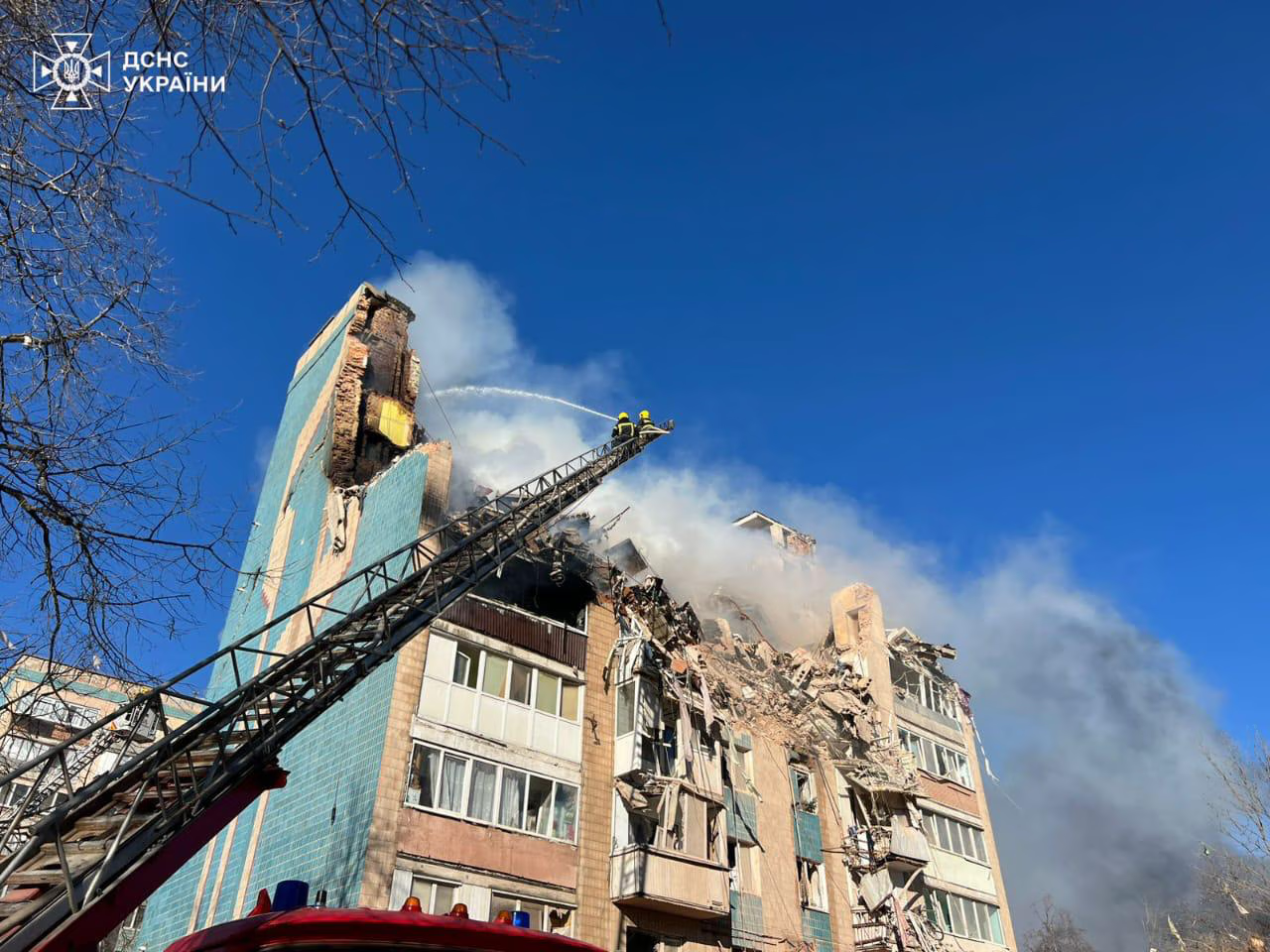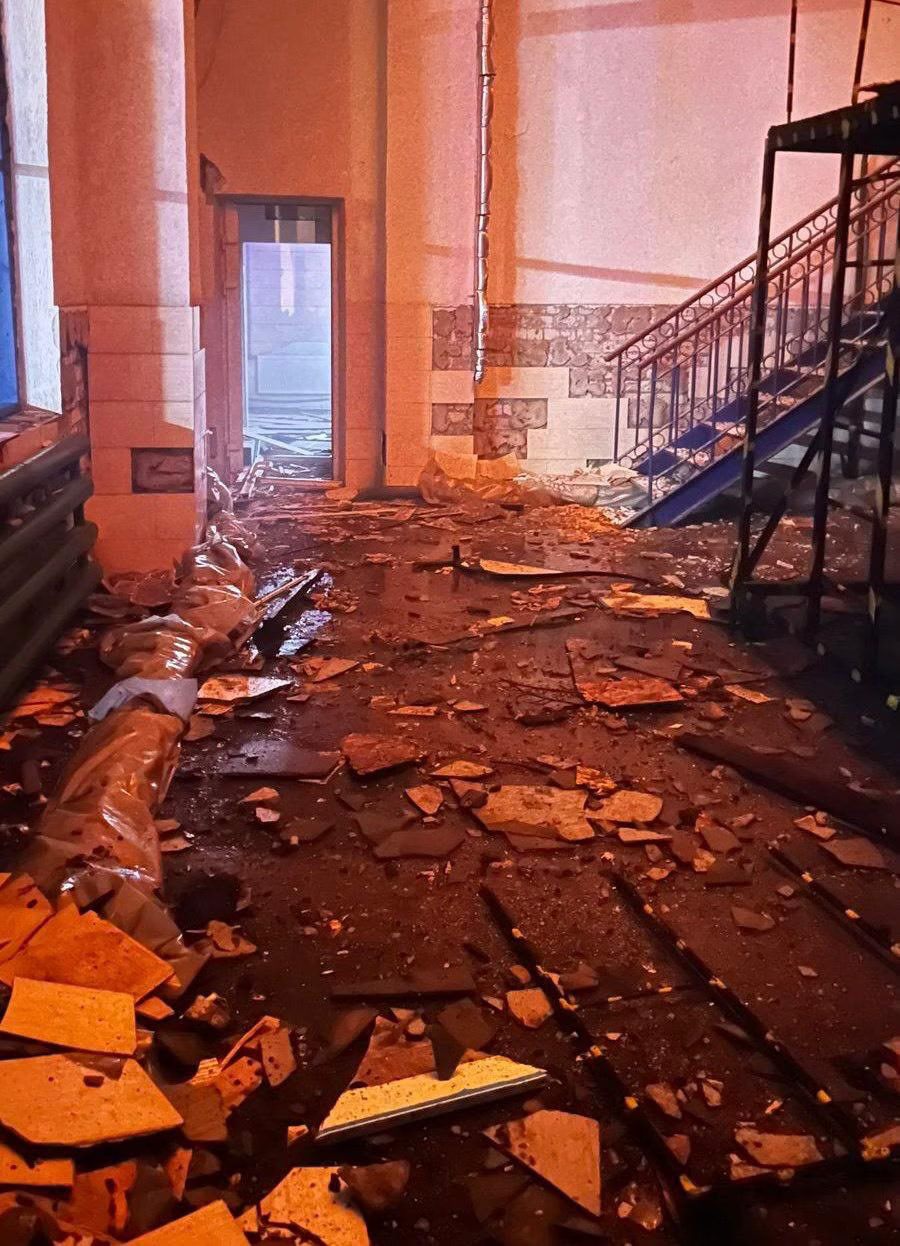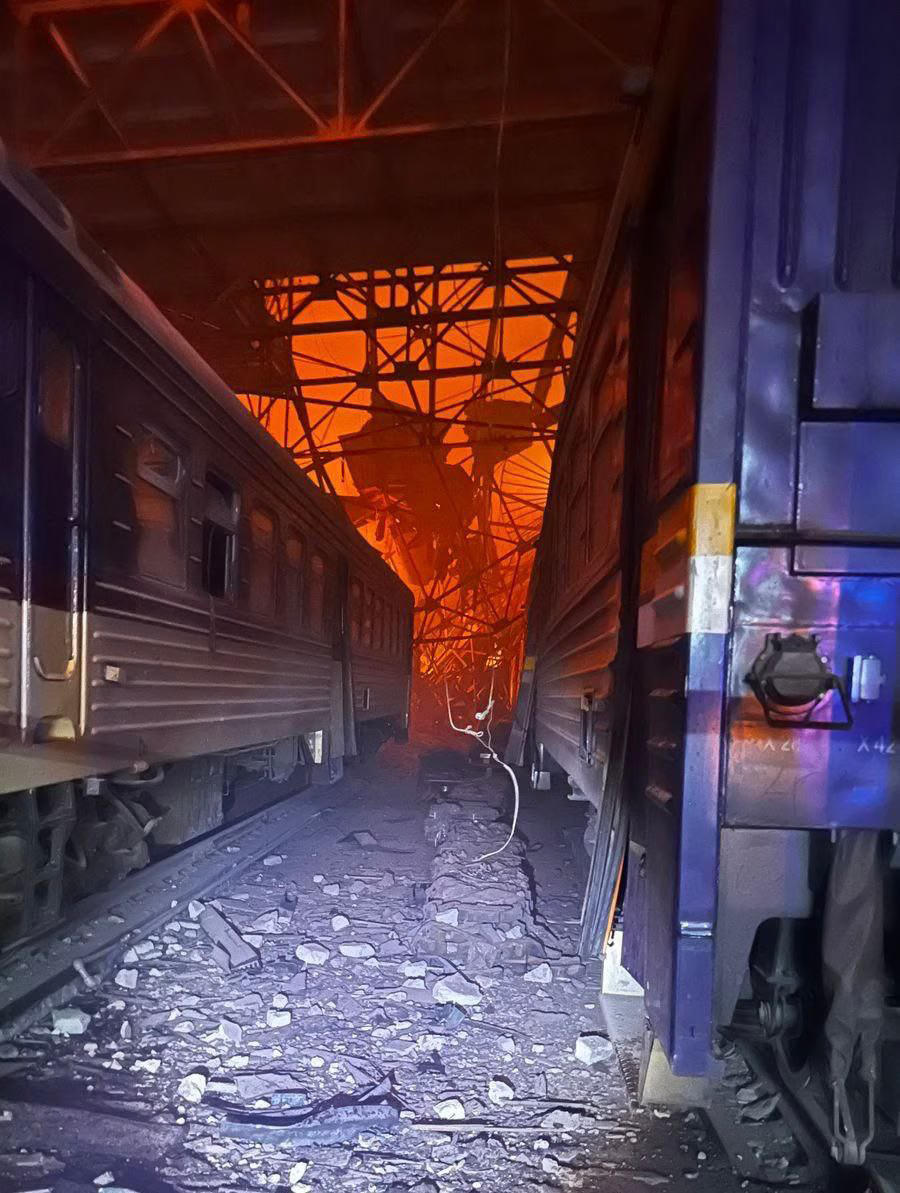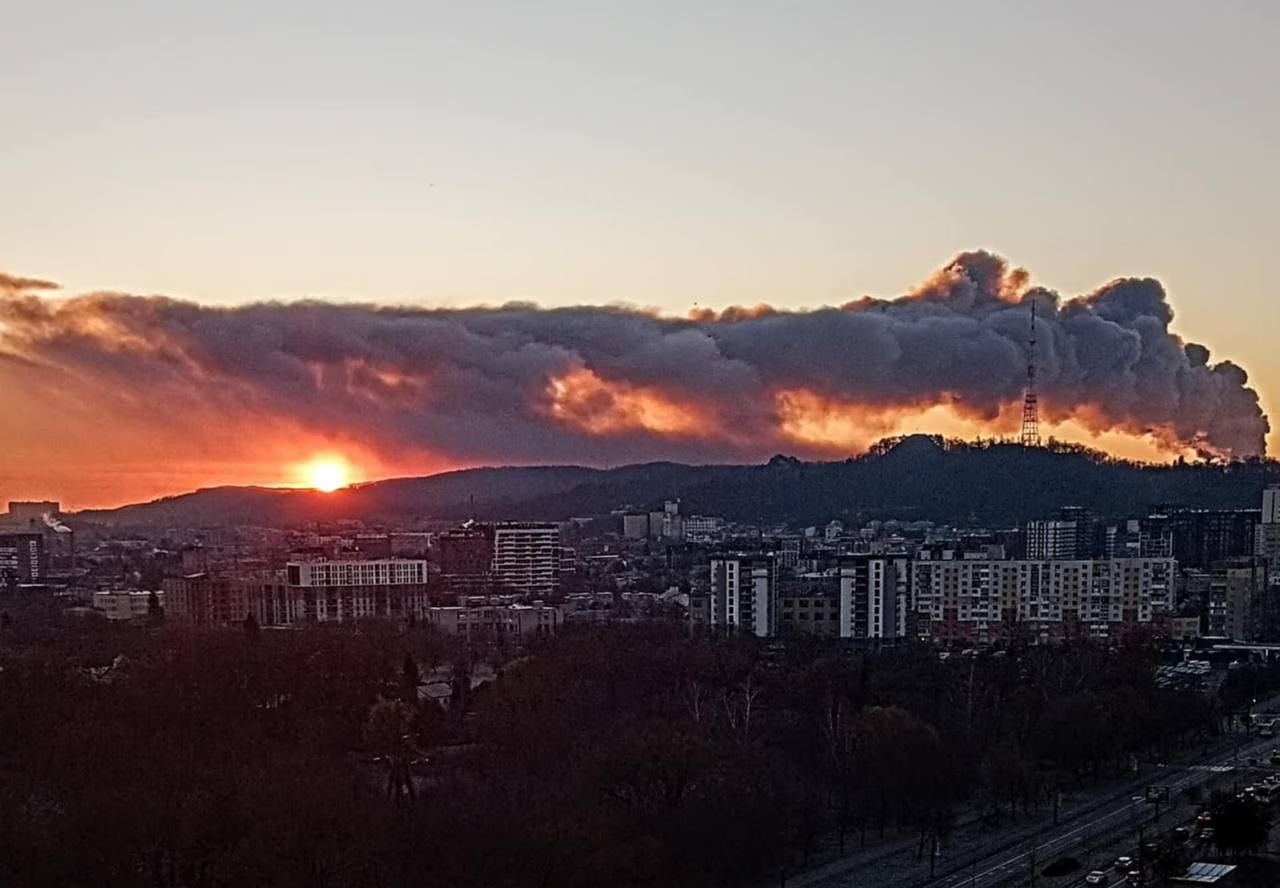A Russian strike on Ternopil in western Ukraine overnight killed 25 people and injured dozens. Several nine-storey residential buildings were damaged, and numerous casualties have been reported.

A destroyed residential building in Ternopil.

Ternopil. November 19, 2025.

In parallel, Ukrainian officials reported at least 36 people wounded in yet another strike on Kharkiv. It is the third attack on the eastern region in as many days. In recent months Moscow has intensified its daily drone and missile barrages, targeting Ukraine’s energy infrastructure and repeatedly hitting civilian sites ahead of the winter season.
Aftermath of the Russian strike on Kharkiv on November 19, 2025.
During the night of November 18, Dnipro also came under attack. The city was hit by more than 20 explosions.

A damaged building in Dnipro. November 18, 2025.

A damaged locomotive depot in Dnipro.
According to police, the overnight strike in Kharkiv damaged more than ten residential buildings, a school, a supermarket, an ambulance substation and several other structures. Among the wounded were two children—aged nine and thirteen—both diagnosed by doctors with “acute stress reactions.” Citing a regional emergency-services spokesperson, Yevhen Vasylenko, the state outlet Suspilne reported that firefighters and police evacuated 48 people, including three children, from a smoke-filled stairwell of a multi-storey building.
On Wednesday morning an air-raid alert was declared across Ukraine, and authorities in several western cities urged residents to take shelter. “The enemy is attacking western Ukraine with drones. Do not ignore the alert! Stay in shelters,” Lviv mayor Andriy Sadovyi wrote on Telegram.

Smoke rising over Lviv after a missile strike.
All this is unfolding against the backdrop of the largest corruption scandal of the full-scale war, which has deepened public anger and again raised doubts about the quality of governance. The “Mindich tapes” and the allegations of abuses at strategic state-owned enterprises have become a traumatic moment for a society already exhausted by war, eroding what remained of public trust. Observers note that the scale of the scandal, and the response to it, only heighten the sense of uncertainty and reinforce the view among many that reliable mechanisms of accountability are still not in place.
